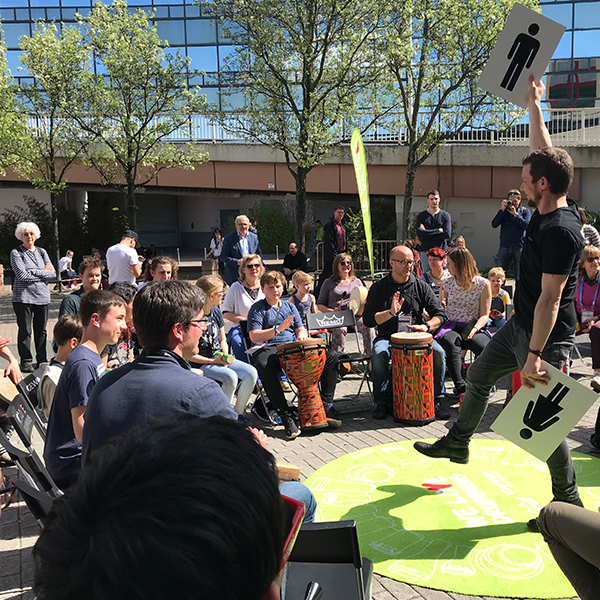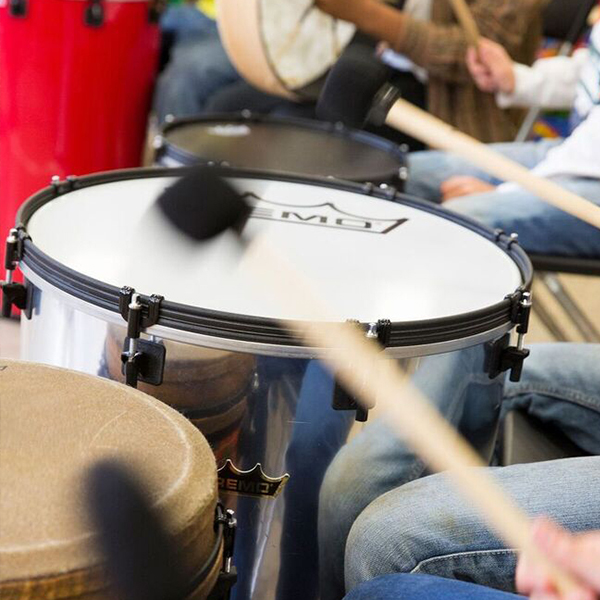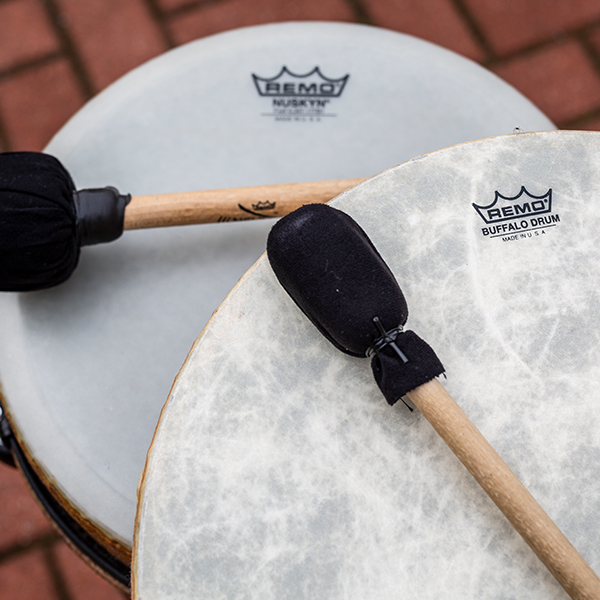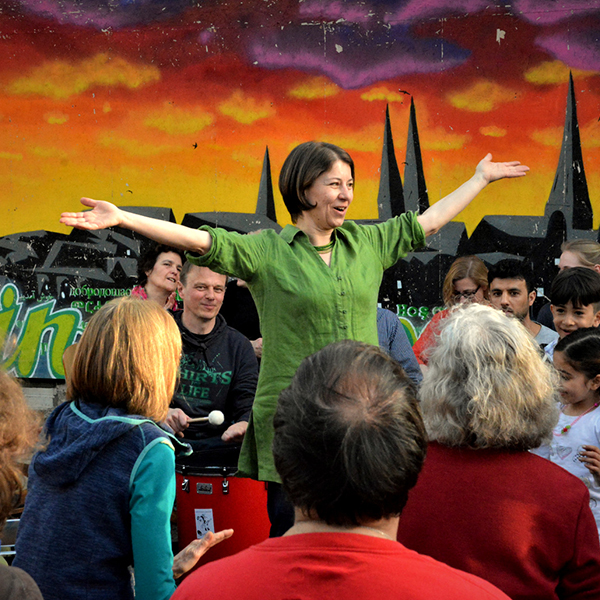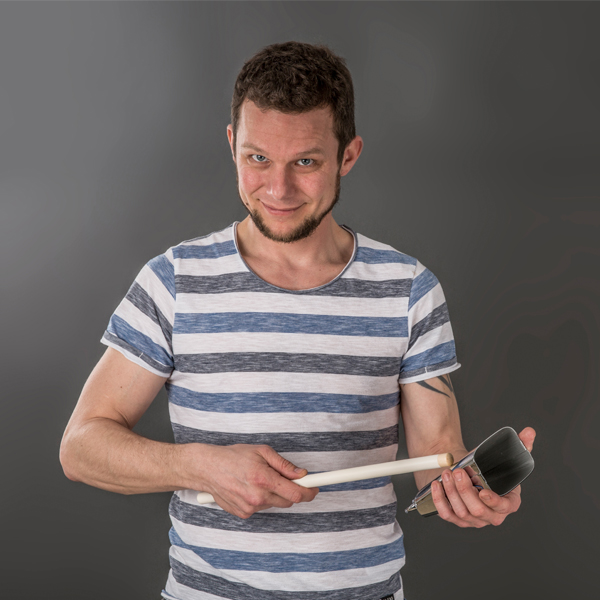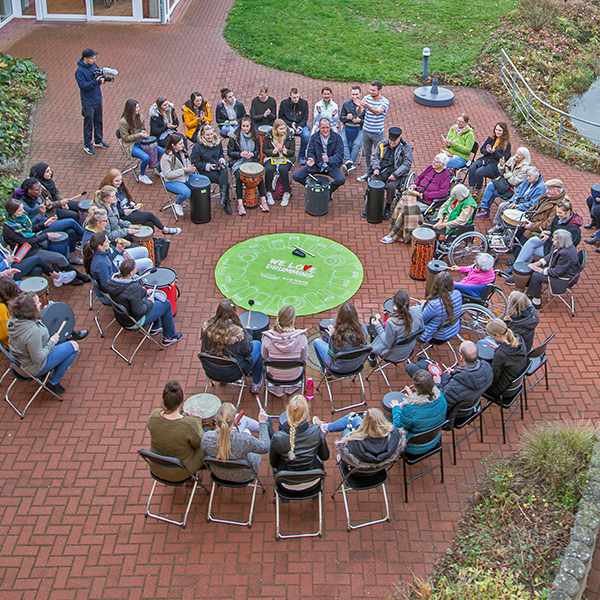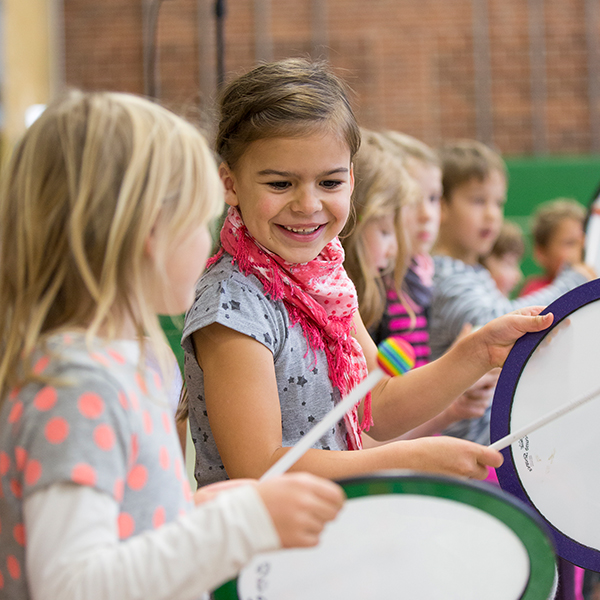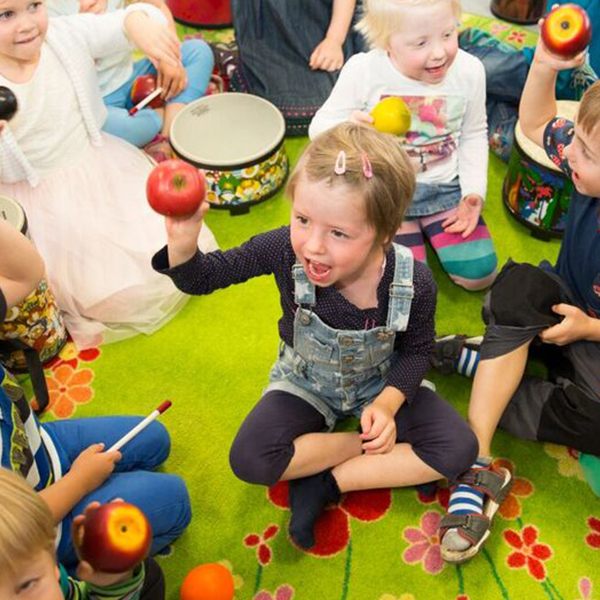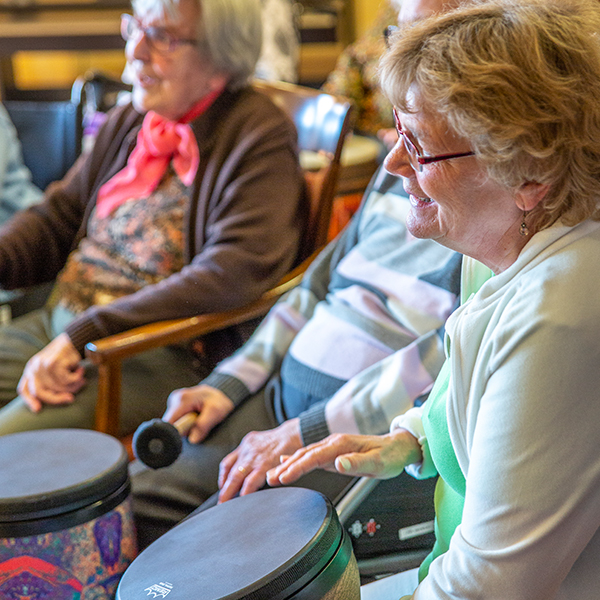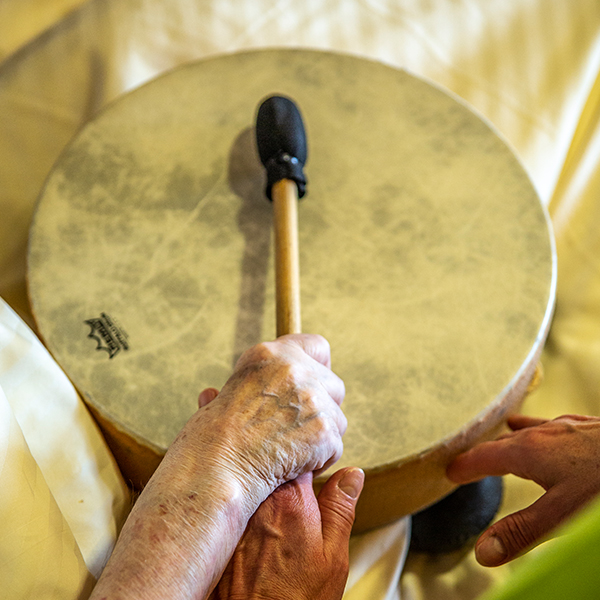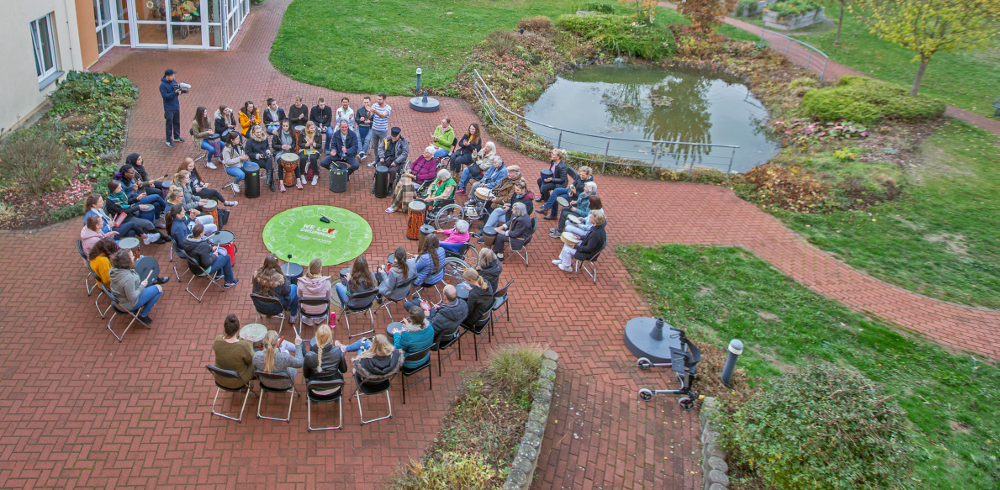
Welcome!
You are interested in drum circles, drumming or at least in music. Before you click further and find out more about our workshops, facilitator and instruments, you can get an overview here.
WHAT IS A DRUM CIRCLE?
Drum Circle. The name says it all; many people play drums and other rhythm instruments together in a circle. It's about fun, music, joie de vivre and communication. Age, background and education don’t matter; there is no practice and no failure, only spontaneous music-making. In this exciting experience, the group is accompanied by a person called a FACILITATOR. This person helps the group to get to know each other and the instruments, and to make music with increasing independence from instructions.
The circular arrangement is no coincidence here. Firstly, the participants are able to observe all instruments, all sounds and all other players in the best possible way. Secondly, there is no hierarchy. Nobody sits in front.
Drum Circles are a barrier-free experience of music and community, suitable for every target group and every human being.
APPLICATIONS
Drum Circles are where people can meet in small or large groups. There are two things common in all formats: the participants can have extensive previous experience with the instrument or none at all. It does not matter.
And it is fun!
Some of the most common drum circle formats are:
INSTRUMENTATION
In addition to a great sound, drum circle instruments should have some more essential features:
stable and durable
The instruments are often used by people who have no experience in dealing with them. Therefore, DC instruments should be stable and non-breakable.
moisture resistant
No stress when it starts to rain. Perhaps the instruments also need to be carefully cleaned and disinfected, e.g. for use in nursery schools, clinics or hospices. Moisture should not be a problem here.
light and portable
The Drum Circle always requires a lot of instruments. They have to be stored somewhere and usually transported somehow. Low weight tools and the ability to nest them together are the optimal solution.
Diversity is the alpha and omega.
As many different instruments as possible, as many different sounds as possible. This table can serve as a basis for equipment planning:
50% Drums (everything with a playable head)
1/3 high drums
(e.g. Sound Shape, Doumbek, Tambourine)
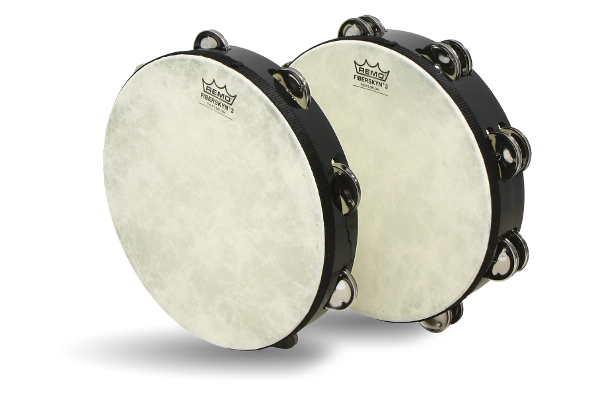
1/3 medium drums
(e.g. Djembe, Timbau, Conga, Tubano)
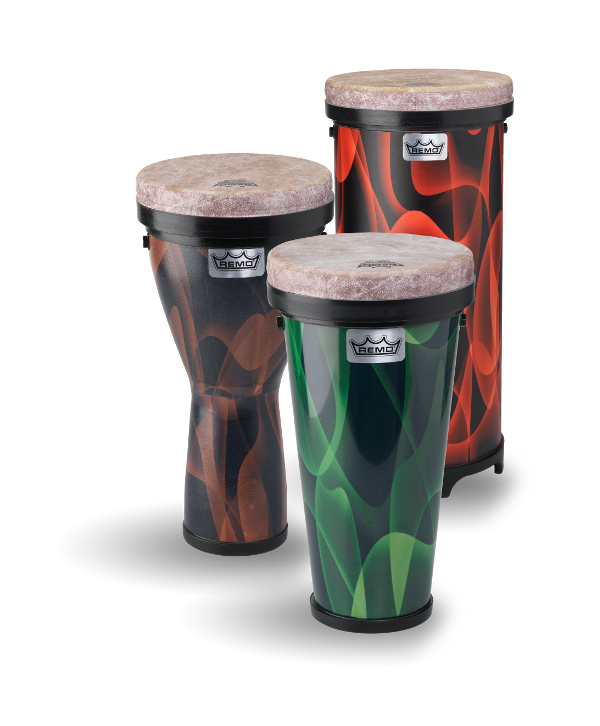
1/3 low drums
(e.g. Bahia Bass Drum, Surdo, low Tubano)
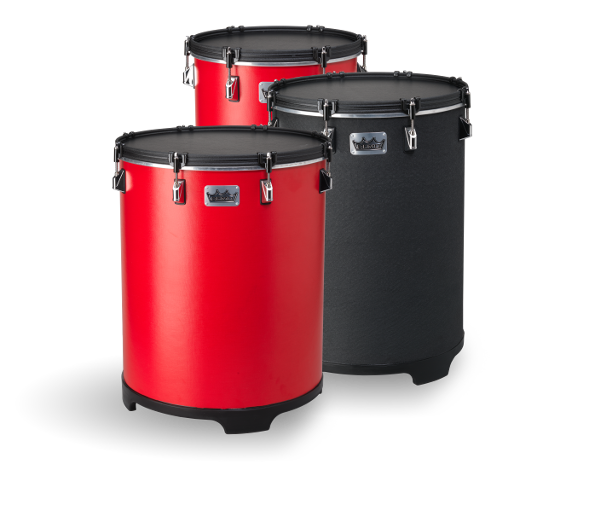
50% Hand percussion (small percussion)
1/3 shaker
(e.g. Bossa Shaker, Caxixi, Maraca, Egg-shaker)
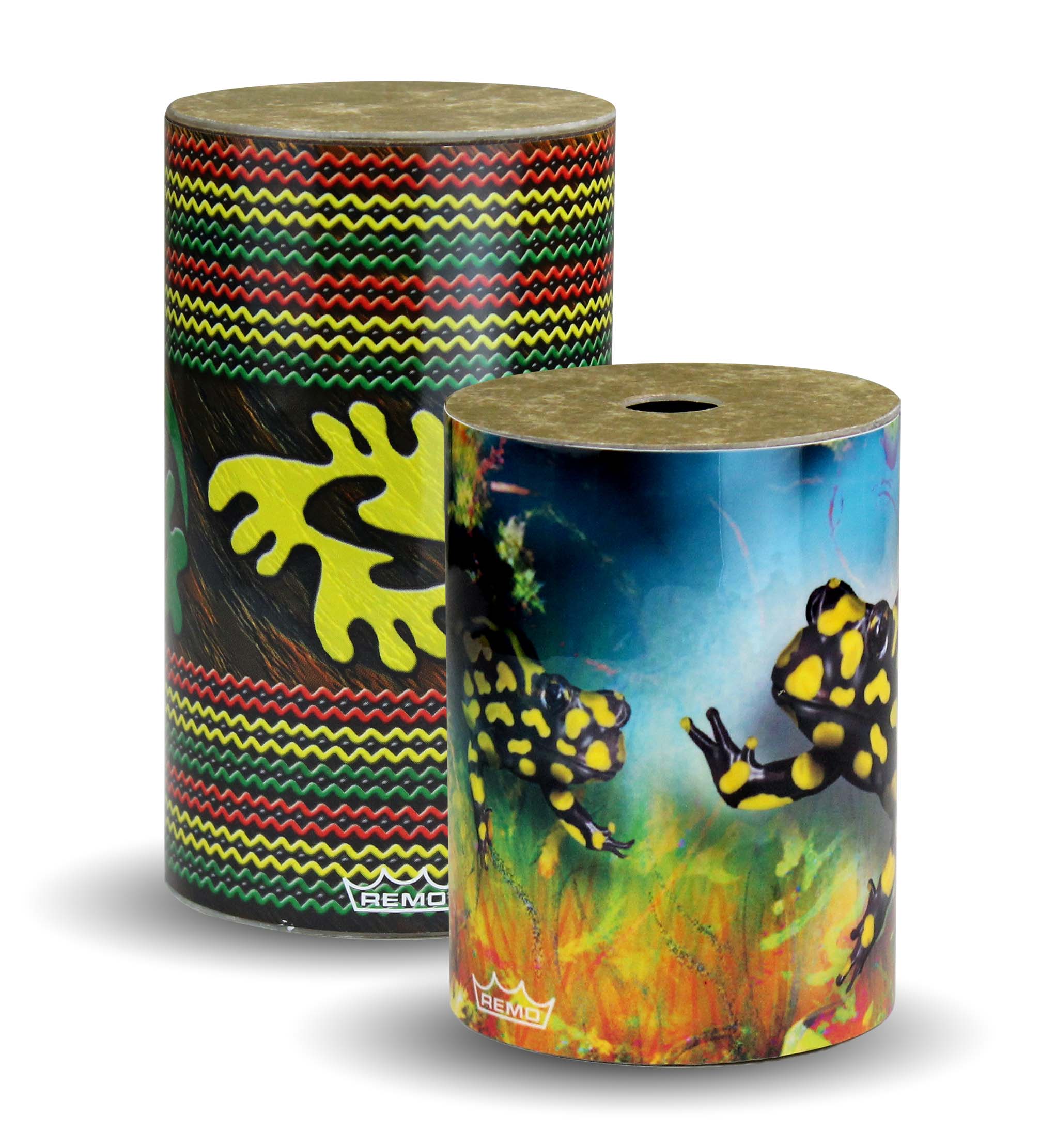
1/3 wood
(e.g. Clave, Woodblock, Acousti Blox)
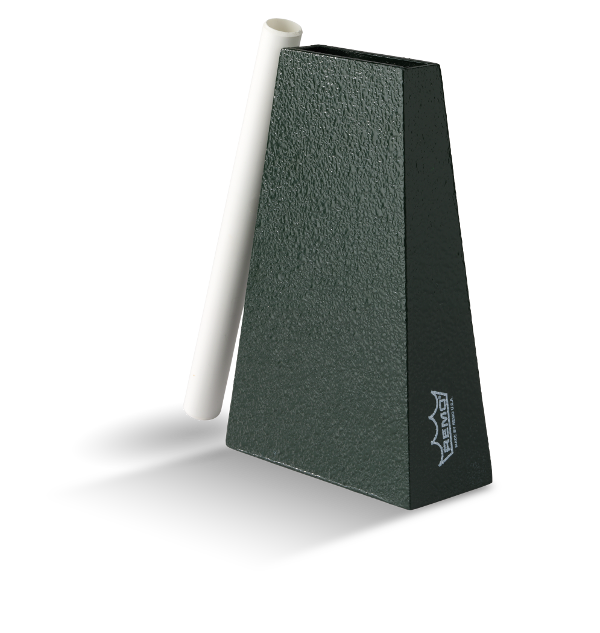
1/3 metal
(e.g. Cowbell, Agogobell, Gankogui)
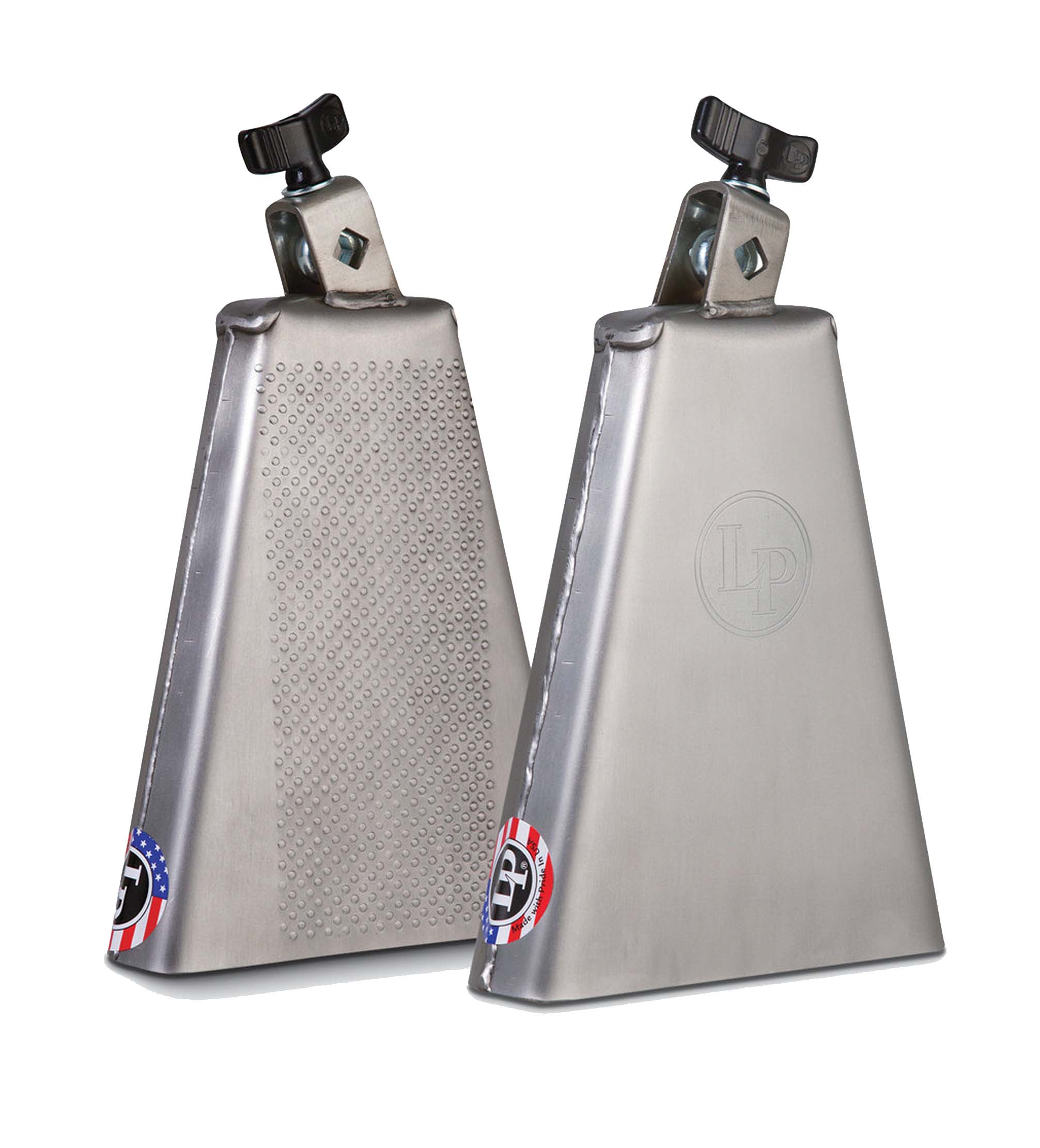
FACILITATION
Facilitating a drum circle is completely different to leading an ensemble. At its core, drum circle facilitation is an inner attitude, the will to accompany the group on its way without teaching it. Someone who hosts Drum Circles intends to make themselves superfluous and make the group improvise music on their own without any help.
A Drum Circle Facilitator masters a number of simple techniques and methods as a basis for their craft. Some musical knowledge is an advantage.
In addition, everything revolves around these questions:
WHAT? … do I do? Which means should I use? (Technical aspect)
WHEN? …do I use these techniques? In which order and at what time? (Methodical aspect)
WHY? …do I use the techniques? How will it benefit the participants? (Intentional aspect)
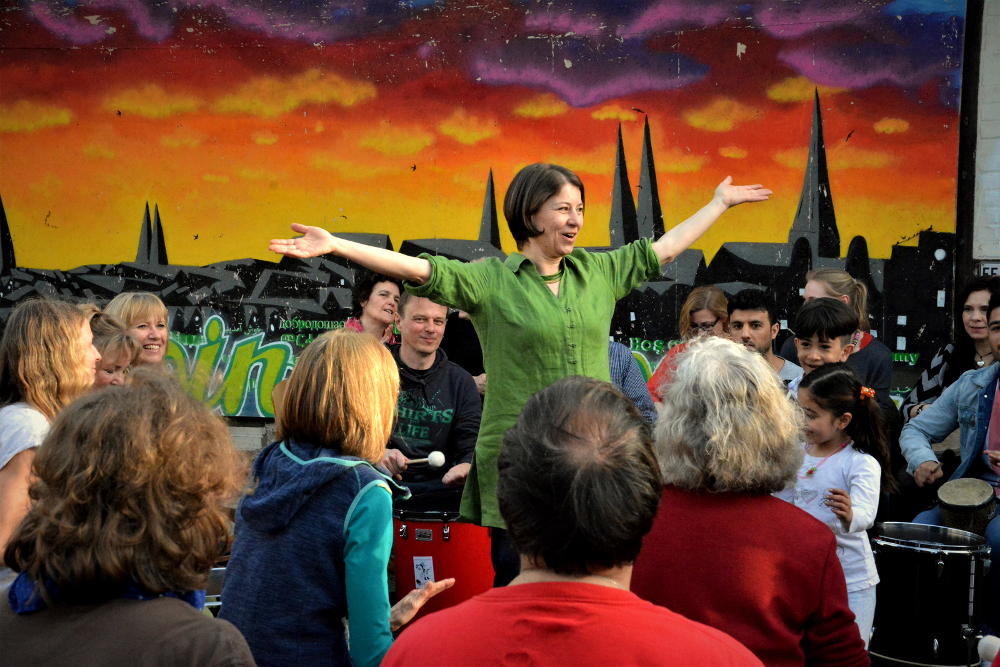
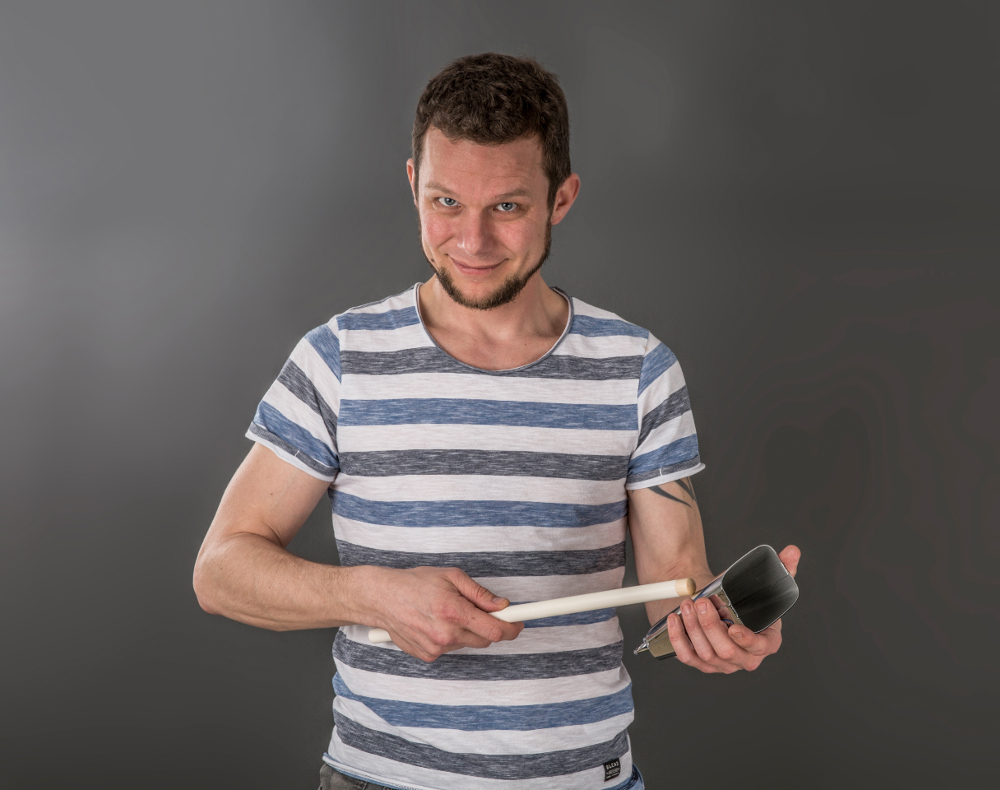
BECOMING A FACILITATOR
Learning this art is a recurring process of learning and experimenting.
There is now a large pool of specialist literature and a wide-ranging offer of training available.
We recommend:
Further education → practice → supplementary literature → from the beginning
It is always a good idea to attend Drum Circles as a guest. This is the best way to experience what makes up the common improvisation. And you can see a few great tricks by your colleagues :D
If you are interested in DC Facilitator training, please contact us or have a look at [Playshops & Training] . Our events are conducted by GEWA Facilitator and Trainer Ben Flohr, who is a Certified Instructor using the method by Arthur Hull, the founder of this method.
In addition, we operate in a network of training providers, whose quality work we are convinced by and approve of.
It's best to subscribe to our [newsletter]. Here you will always be kept up to date on relevant training courses.
